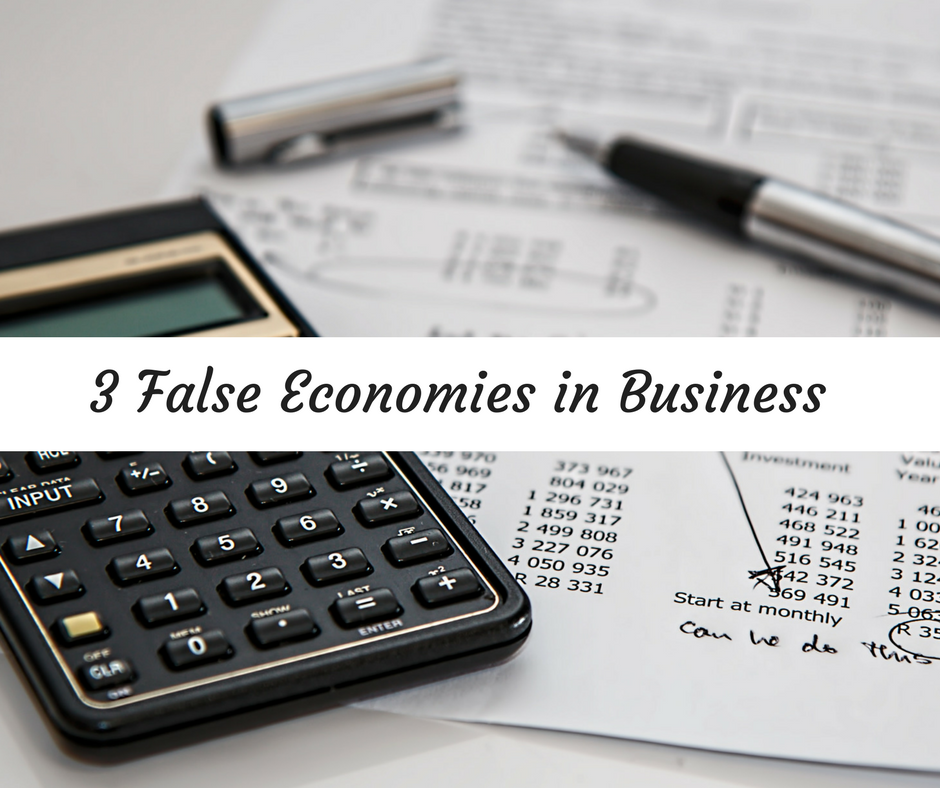
Cost reduction and effective waste management to reduce your overheads is not a simple task, knowing what inventory costs can be reduced, and which should not is an important aspect of being a cost reduction specialist. Today we will look through some examples of false economies, where cost reductions could, in fact, have the opposite effect and affect long-term business profits.
IT security
A common and tempting mistake in cost reductions is cutting areas which appear to serve no purpose, despite in reality potentially saving your company huge amounts. Effective cost reductions require specialists who understand what a company needs to effectively operate within their chosen field, and where it’s most effective to reduce waste, and what actually is a waste.
IT services, for example, is an area many seek to cut early on but much like business insurance, while it may seem to be doing nothing it can cost your business huge amounts unexpectedly if not properly maintained and is a great example of a false economy.
Not investing in good anti-virus software, not updating it, or not renewing subscriptions may seem a shrewd move. Until you get targeted. To show you how bad it can get, have a look at this recent article on the woes of TNT, who was victim to a random cyber-attack. Business costs are estimated to have been £221m.
http://www.bbc.co.uk/news/technology-41336086
At the time, those cost reductions might have seemed a great idea, in retrospect, perhaps not.
First Impressions
To anyone encountering your company for the first time, their first impressions could be by seeing your logos, signs and website. It is very easy to make cost reductions here but this could be another false economy.
Your business needs to be focused on what provides the most value, rather than cheapness; what creates the maximum impact for the money you wish to spend. By paying the cheapest designer to create your logos and marketing materials, or by a building a website on a free platform, you risk looking cheap.
A badly spelt sign or leaflet can make you lose out on sales and also create a bad impression. Increasing your budget to afford someone more professional can reap rewards. A £1,000 website doesn’t sound like too big an expenditure when it can help you get thousands of pounds worth of work that would otherwise have gone to a competitor. If you think a good designer is expensive, just wait and see how much a cheap designer might cost you.
Accountancy
Good accountants are not cheap, nor should they be. But they are an expense and many people in business choose to look after their own accounts both on an ongoing basis and at year-end as a cost reduction scheme. While this could be a good saving if you’re just starting out, once you start growing and get into the realms of larger tax bills, a good accountant can use their knowledge of current tax rules to find where you may be overpaying. By applying the rules correctly, you could be saved more than your accountant’s fees when it comes to the end of the year.
If you spend too much time sorting out your own accounts rather than focussing on growing your business then you will miss out on opportunities for more revenue. Paying someone to do what they do best so you can spend time doing what you do best could be a wise decision. Don’t make cost reductions if it means you’re having to be taken away from something more productive.
You will probably be able to think of many more areas where cost reduction is not always a wise move. Can you add any to our list? Please tell us in the comments below.
If you want to save money in your business in the areas where saving money makes sense, please get in touch with us for a no-obligation consultation.
Speak Your Mind